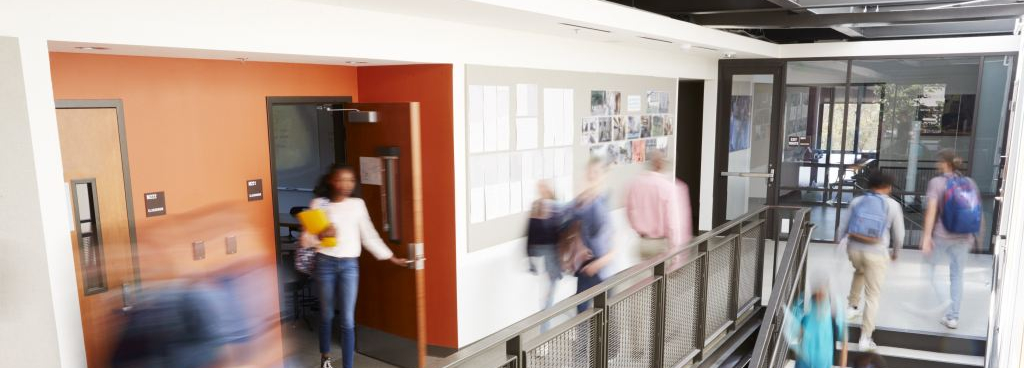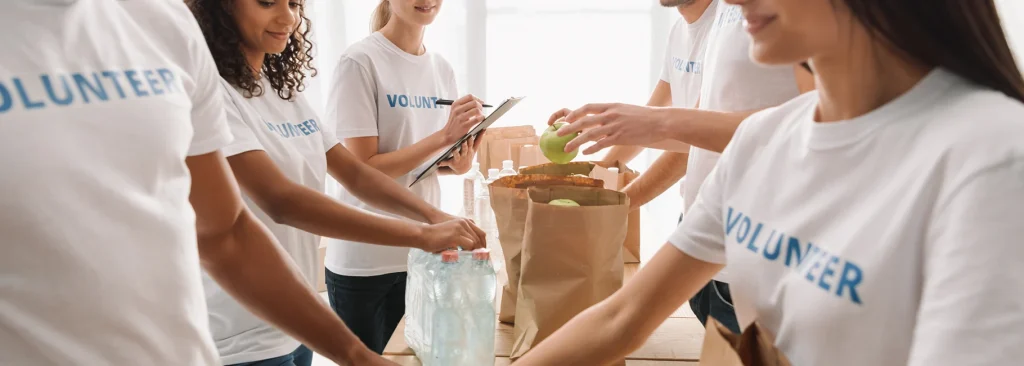Amidst the whirlwind of classes, extracurricular activities, and social dynamics, high school counselors play a crucial role in supporting students. They are not just there to help with academic planning and college applications — they also provide guidance on personal and social issues, helping students develop the skills they need to succeed in school and life. Whether you’re dealing with stress, exploring career options, or need someone to talk to, your high school counselor is a valuable resource dedicated to helping you thrive.
What Is a High School Counselor?
A high school counselor is a trained professional who supports students in various aspects of their high school experience. So, how do high school counselors help students? They offer guidance in several ways, including:
- Helping students choose courses, plan their academic paths, and stay on track for graduation.
- Assisting with college applications, scholarships, and exploring career options.
- Providing a safe space for students to discuss personal issues, manage stress, and develop social skills.
- Offering support during emergencies or difficult situations, such as family problems or mental health crises.
Good high school counselors can connect with students’ emotions and experiences. They are also good at building rapport and trust with parents and colleagues. The main goal of high school counseling is to help students navigate the challenges of adolescence and prepare for a successful future.
School Counselor vs. College Counselor
You have likely interacted with school counselors since you were in elementary school for academic guidance, personal and social support, and crisis intervention. Your counselor in high school prepares you for college, vocational training, or entering the workforce in addition to offering social-emotional and crisis support. However, the student-to-counselor ratio is high. The American School Counselor Association recommends a ratio of 250 students per counselor, but the national average is higher. This means that students don’t get enough one-on-one time with their school counselor.
There are also college counselors for high school students. Some schools have a college counselor on staff, but students sometimes work with one outside of school. What does a college counselor do? They help prepare students for the college admissions process. Ideally, this process should start in ninth grade, with the college counselor providing guidance on course selection and exploring interests to start building a strong profile for college admissions. A college counselor also helps students identify best-fit colleges, find meaningful extracurriculars, prepare their college applications, and more.
What Does a High School Counselor Do?
High school counselors wear many hats! Their main duties involve:
- Academic guidance: Assisting students with course selection, graduation planning, college and career exploration, and college applications; and providing time management and study tips for high school students.
- Social-emotional support: Providing individual and group counseling for issues like stress, anxiety, depression, and grief; helping students resolve conflicts with peers and teachers; and teaching students important social skills like communication and problem-solving.
- Advocacy: Working with teachers, administrators, and parents to make sure students’ needs are met.
- Crisis intervention: Supporting students during emergencies or traumatic events.
- Referrals: Connecting students and families to community resources like mental health services, tutoring and test preparation programs, and more.
A Day in the Life of a High School Counselor
A day in the life of a high school counselor is dynamic and varied, filled with a mix of scheduled appointments, spontaneous interactions, and administrative tasks. Throughout the day, high school counselors must be flexible and ready to handle unexpected situations. Here’s a glimpse into what their day might look like:
Morning
- 8:00am: Arrive at school and check emails and messages. Review the day’s schedule and any urgent matters that need attention.
- 8:30am: Meet with students for scheduled appointments. These could include academic advising sessions, college application assistance, or personal counseling.
- 9:30am: Attend a staff meeting with teachers and administrators to discuss student progress, upcoming events, and any concerns that need to be addressed.
Mid-Morning
- 10:00am: Conduct a classroom presentation on college readiness, study skills, or mental health awareness. These sessions help reach a larger group of students and provide valuable information.
- 11:00am: Hold a small group session with students who need extra support, such as those dealing with anxiety or those who are new to the school.
Lunch
- 12:00pm: Lunch break, often taken in the office to catch up on paperwork or meet informally with students who drop by with quick questions or concerns.
Afternoon
- 1:00pm: Individual counseling sessions with students. These can cover a range of topics from academic struggles to personal issues like family problems or peer relationships.
- 2:00pm: Crisis intervention. If a student is facing an immediate issue, such as a mental health crisis or a family emergency, the counselor provides immediate support and coordinates with other professionals if necessary.
Late Afternoon
- 3:00pm: Follow up with teachers and parents about student progress and any ongoing concerns. This might involve phone calls, emails, or in-person meetings.
- 4:00pm: Plan and organize upcoming events, such as college fairs, career days, or workshops. This also includes updating student records and preparing reports.
End of Day
- 5:00pm: Review the day’s activities, make notes for follow-ups, and prepare for the next day. Ensure all urgent matters have been addressed.
How to Partner with Your Child’s High School Counselor
By actively partnering with your child’s high school counselor, you can help ensure they receive the support and guidance they need to thrive during their high school years. Here are some tips to effectively collaborate with the counselor.
- Attend school events like parent-teacher conferences or open houses where you can meet them in person.
- Keep the counselor’s contact information handy and know the best way to reach them (email, phone, etc.).
- Stay informed by reading school newsletters, emails, and the counselor’s updates. Check the school’s website for information about the counseling department and available services.
- Schedule regular check-ins with the counselor to discuss your child’s progress and any concerns. Share your child’s academic and personal goals with the counselor. This helps them provide tailored support and guidance.
- Work with the counselor to develop an academic plan that aligns with your child’s interests and future goals, and to explore college and career options.
- Reinforce the counselor’s advice and strategies at home. This creates a consistent support system for your child.
- Encourage your child to communicate openly with their counselor about any issues or concerns.
- Take advantage of workshops, seminars, and programs offered by the counseling department.
- If needed, ask the counselor for recommendations on external resources, such as tutoring or mental health services.
- If you have concerns about your child’s well-being or academic progress, don’t hesitate to voice them to the counselor.
As previously mentioned, many high school counselors are stretched thin — so it’s important to be mindful of their time. While you should always work with the school counselor as much as possible, it can also be helpful to choose an independent counselor to ensure your child gets the personalized attention they need to succeed and achieve their goals.
Work with an IvyWise Counselor
Students sometimes need additional guidance, especially when it comes to the complex and highly competitive college admissions process. All IvyWise college admissions counselors have direct experience in admissions at some of the most selective colleges and universities in the U.S., so they know how to help students stand out. Wherever students are on their college admissions journey, IvyWise can help them achieve college admissions success. Talk to our expert enrollment team today to learn more.
Book a Call




